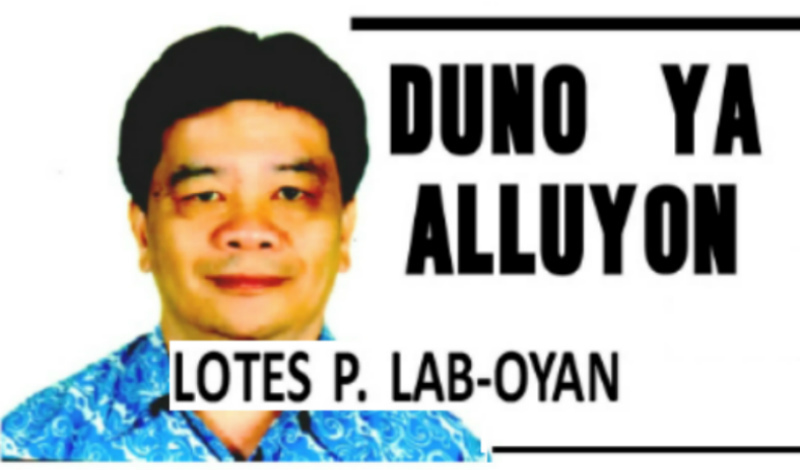Privileged to attend a week-long training together with fellow CDS IIs Ms. Faye Flores and Mirasol L. Laoyan, I would like to share some insights on the recently conducted Training of Trainers On Business Continuity Management for Cooperatives last July 23-27, 2018 held at the Riviera Sulo Hotel, Quezon City. This was sponsored by the Humanitarian Leadership Academy-Philippines (HLA) together with the Cooperative Development Authority (CDA) and the University of the Philippines Institute of Small Scale Industries (UP ISSI). Twenty eight (28) CDA technical personnel from Regions CAR, Region 1, 2, 3, NCR, 4, 5 and Central Office gladly joined the course even with inclement weather that affected our respective regions.
Prior to our travel to the venue of the training, we were requested to complete the first part of the course through online. Eager to learn new concepts, I tried my best to understand the rationale of the BCM course. Having gone through the first part triggered my desire to deepen my understanding and appreciate new concepts. I felt elated over the results of my browsing that the course was new as it blends several concepts. It was my first online training experience.
The training became more exciting when we reached the venue and noticed a familiar face from the Cordillera Region. Yes, my eyes recognized Mr. Joseph Porfirio “Jopo” Andaya, (former) Manager of the Baguio-Benguet Community Credit Cooperative together with other HLA and UP ISSI officials. What an unexpected turn of events to know that one of the persons to guide and educate us on the subject matter is a “kailian”. Other resource persons/facilitators/evaluators include Ms. Maria Luisa Solarte-Lee; Ms. Maria Fe SE. Reyes and Mr. Roy D. Apacible of the UP ISSI; Ms. Maria Melissa D. Domingo; Mr. Louie John A. Aguila; Mr.Marian M. Manlapas; Mr. Diosdado P. Wana of HLA and Admin. Mercedes Castillo and Ms. Melissa Santos of CDA.
As the training progressed, mixed emotions surfaced being reunited with fellow technical personnel from other regions and Central Office. The atmosphere got warmer when the training started with the facilitators/trainers engaging the participants in the discussions; presentation of critical scenarios and workshops. Having brief and concise power point presentations supplemented with manuals made the speaker more credible as time management and boredom were dealt with accordingly. The use of blended on-line and face to face approach made the training more exciting as it awakened my senses to appreciate technological innovations.
The introduction of new concepts tickled our minds especially when we were asked to demonstrate and act as facilitator, trainer and manager. The critiquing was the most challenging part as the evaluators point out strengths and weaknesses of the presenter based on observed behavior and the ability to put across the topic to fellow participants. Having been designed to serve as feedback mechanism on the areas to be improved, the participants gladly appreciated the inputs from the evaluators.
Indeed, the need for every business enterprise to prepare in the event of unforeseen events is critical. Business planning must include Recovery Time Objective and Maximum Tolerable Period of Disruption (MTPD). Learning business continuity allows us to broaden our horizons on the need to view business on a holistic manner. Undergoing the course give us the chance to reflect on the importance of blending human resource management, financial/business management and disaster risk management. Ensuring protection of resources including manpower, clients and the business require proper planning.
While I would like to put some more insights on the subject, my mind still drift in search of the best strategy to cascade the newly acquired concepts. Our hopes and prayers that cooperatives will respond to our invitation in the future to support us implement the business continuity management. To the HLA, UP ISSI and CDA I say thank you for considering me as a participant.













